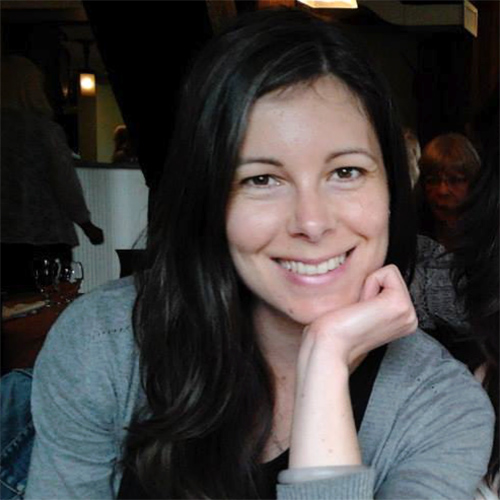Amy Cousins
About
 I was born and raised on Vancouver Island, B.C. Having grown up on the coast, I have a deep reverence for the land and sea; the livelihoods and the traditions associated with coastal living. I have a double major in Anthropology and Environmental Studies from the University of Victoria, and a Bachelor of Education from UBC. I’m currently working on my Masters at Royal Roads University in Environmental Education and Communications, while working part-time as a public school teacher and happily living on Salt Spring Island. On Salt Spring I’ve immersed myself in community in many ways, volunteering to mentor high school environmental leaders, and studying yoga at the Salt Spring Centre. My interests lie in people and their environments, how individuals and communities behave and respond to their surroundings over time.
I was born and raised on Vancouver Island, B.C. Having grown up on the coast, I have a deep reverence for the land and sea; the livelihoods and the traditions associated with coastal living. I have a double major in Anthropology and Environmental Studies from the University of Victoria, and a Bachelor of Education from UBC. I’m currently working on my Masters at Royal Roads University in Environmental Education and Communications, while working part-time as a public school teacher and happily living on Salt Spring Island. On Salt Spring I’ve immersed myself in community in many ways, volunteering to mentor high school environmental leaders, and studying yoga at the Salt Spring Centre. My interests lie in people and their environments, how individuals and communities behave and respond to their surroundings over time.
Place
My research is located on the west coast of Vancouver Island in Ucluelet, Nuu-Chah-Nulth Territory. While fishing, logging and mining are major sources of income on the coast, we also live in the largest stand of old growth temperate rainforest on the planet (Pacific Temperate Rainforest Ecoregion, WWF). In 1993, there were large protests to protect old growth forest near the community of Ucluelet in Clayoquot Sound, which is now a UNESCO Biosphere Reserve; at the same time there were major stresses to the fishing industry and many people lost the livelihood systems they had known for generations. Stresses between settler livelihoods, traditional rights and title, and environmental conservation are common on the coast. Ucluelet, however, as a community has weathered an intense storm of environmental, political and social factors, moving from crisis to new beginnings over the past two decades.
Research
In 1999 the Ucluelet Visioning Society came together to vision a new way forward for their community. My research is a retrospective analysis focused on this particular group of individuals. Through in-depth interviews my research is asking questions about community resilience, agency, sense of place and wellbeing. By gathering a collection of narratives, this reflective process has been deeply moving for those involved. I have been working with a local filmmaker and will continue to explore ways this research can feedback into the community in collaboration with my research supervisor Dr. Laura Loucks.


